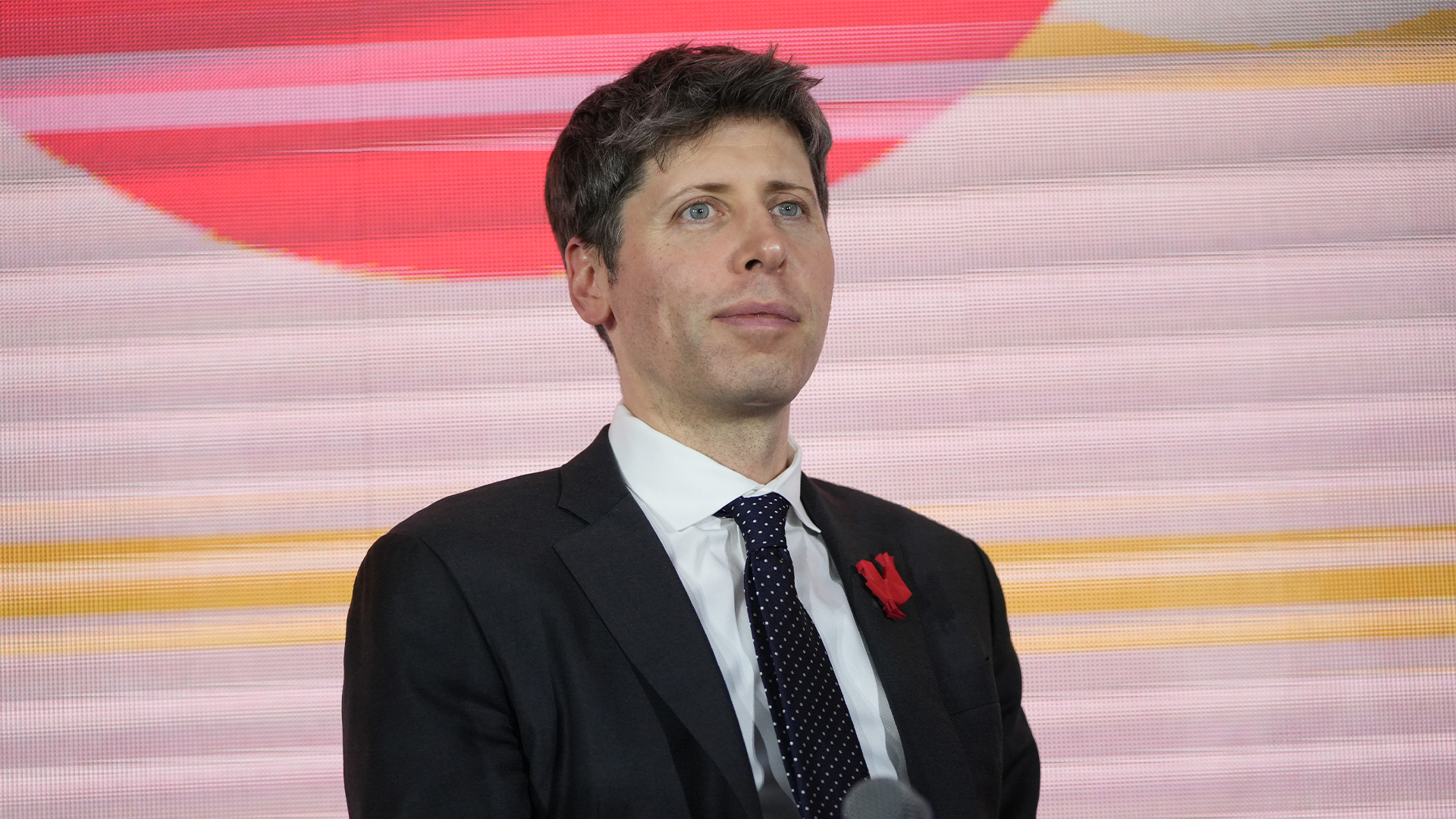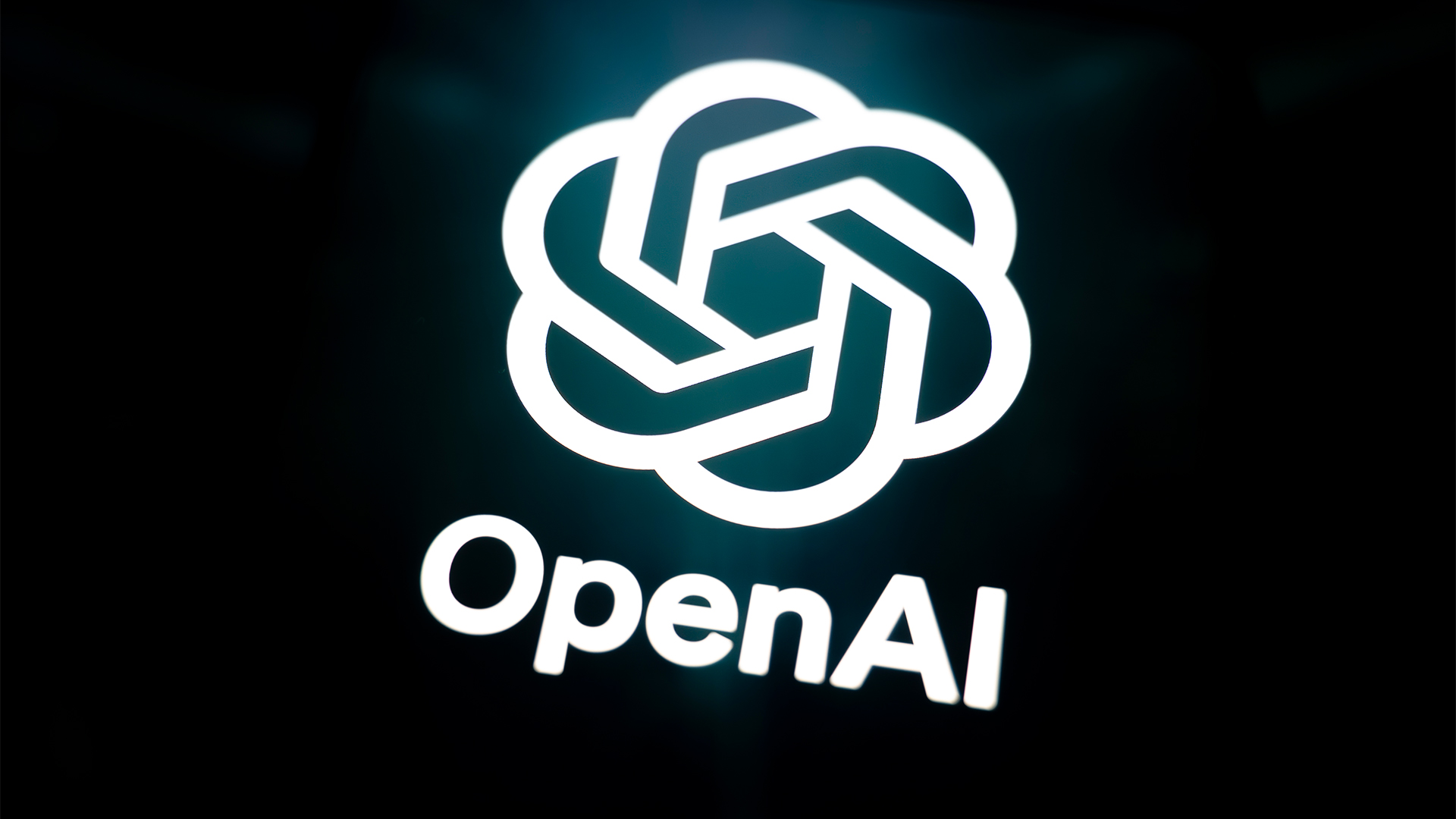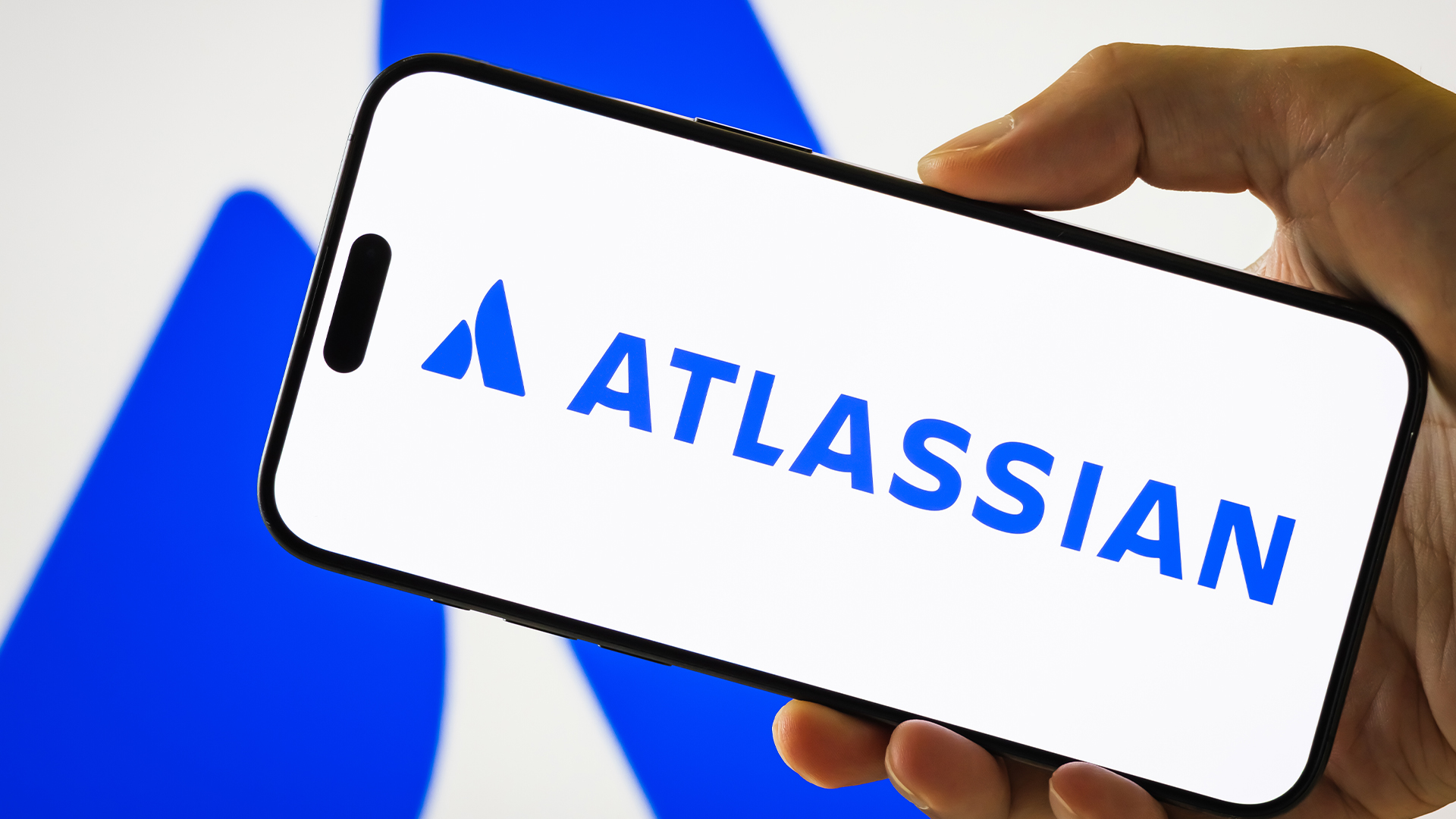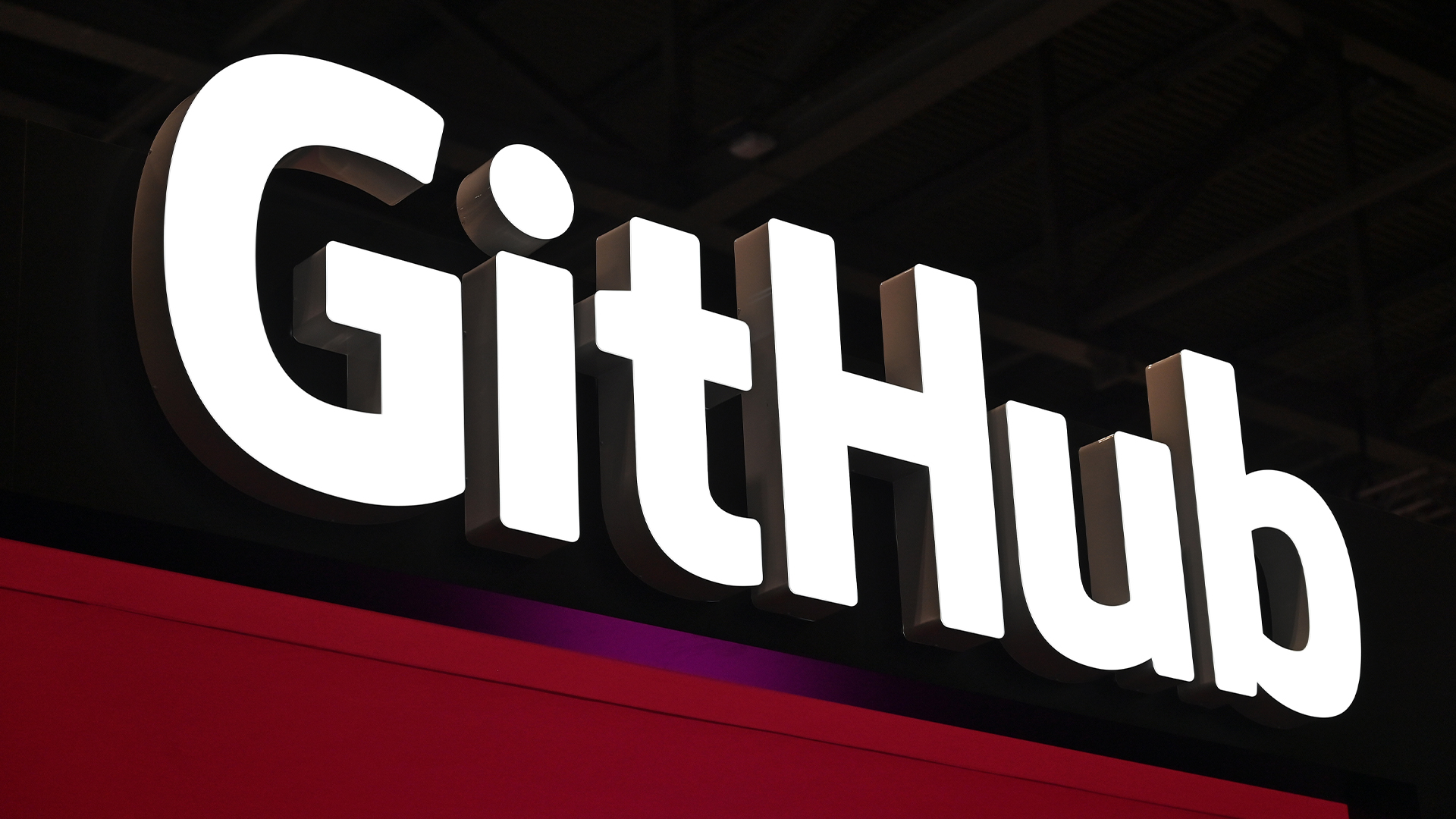OpenAI is closing in on its biggest acquisition to date – and it could be a game changer for software developers and ‘vibe coding’ fanatics
The Windsurf deal looks set to close after weeks of rumors about the two companies tying up


Sign up today and you will receive a free copy of our Future Focus 2025 report - the leading guidance on AI, cybersecurity and other IT challenges as per 700+ senior executives
You are now subscribed
Your newsletter sign-up was successful
OpenAI has reportedly purchased AI startup Windsurf for $3 billion after weeks of speculation over a looming acquisition.
In April, reports suggested OpenAI was in talks with the AI coding tool developer on a $3bn deal, which would mark the company’s largest acquisition to date.
Reports from Bloomberg suggest the deal has been agreed but not fully closed, hence the lack of formal announcement or confirmation from either company.
Notably, separate reports suggested OpenAI had previously considered buying a rival coding assistant, having spoken to more than 20 different companies.
Anysphere, the company behind Cursor, reportedly held early discussions with OpenAI on a potential acquisition, but walked away because it would prefer to remain independent.
Cursor gained attention in February after OpenAI co-founder Andrej Karpathy pointed to its potential for "vibe coding", or using AI to write code.
Everything you need to know about Windsurf
Formerly known as Codeium, Windsurf is an AI-powered coding tool. The company's website describes two main tools: Autocomplete, which suggests code as you type, and Search, which helps find anything in a repository using natural language.
Sign up today and you will receive a free copy of our Future Focus 2025 report - the leading guidance on AI, cybersecurity and other IT challenges as per 700+ senior executives
"With easy integration into editors, we want you to focus on being the best software developer, not the best code monkey,” the company claims.
Windsurf says the tool is enabled by default for a wide range of languages, and can be enabled for any others.
The tool is currently free for individual developers, though Windsurf charges for additional functionalities as part of its Pro, Teams, and Enterprise paid tiers.
This includes more advanced versions of Autocomplete — called "Supercomplete" and "Fast Autocomplete" — and unlimited usage AI models including OpenAI's own GPT-4o, as well as Anthropic's Claude 3.5 Sonnet.
Windsurf claims to have "similar industry-leading latency and quality" on code autocomplete as tools such as GitHub Copilot.
Last year, the company was valued at $500 million following a financing round worth $65 million. The company was founded in Mountain View, California in June 2021 by Douglas Chen and Varun Mohan, the latter of whom currently serves as CEO.
A boon for AI software engineers?
The effort to procure an AI coding company reveals the importance of this area to developers, with coding seen as a genuinely valuable use for generative AI. A survey by GitHub last year suggested the vast majority of coders — a whopping 97% — had used AI coding tools at work, whether their employer knew it or not.
While Meta has said it plans to begin replacing software engineers with AI systems this year, at the same time the world's first AI software engineer was found to not be totally living up to expectations.
OpenAI has been keen to promote its model ranges as a leading option for developers dabbling in AI, but recent events show it’s not quite up to the same level as competitors on this front.
Backlash security testing of seven models for vibe coding skills, for example, found OpenAI's GPT-4o was the worst performer when ranked against other leading industry models, such as Anthropic’s Claude 3.7 Sonnet.
OpenAI and Windsurf have yet to respond to a request for confirmation of the deal by IT PRO.
MORE FROM ITPRO
Freelance journalist Nicole Kobie first started writing for ITPro in 2007, with bylines in New Scientist, Wired, PC Pro and many more.
Nicole the author of a book about the history of technology, The Long History of the Future.
-
 Anthropic researchers warn AI could 'inhibit skills formation' for developers
Anthropic researchers warn AI could 'inhibit skills formation' for developersNews A research paper from Anthropic suggests we need to be careful deploying AI to avoid losing critical skills
-
 CultureAI’s new partner program targets AI governance gains for resellers
CultureAI’s new partner program targets AI governance gains for resellersNews The new partner framework aims to help resellers turn AI governance gaps into scalable services revenue
-
 OpenAI's 'Skills in Codex' service aims to supercharge agent efficiency for developers
OpenAI's 'Skills in Codex' service aims to supercharge agent efficiency for developersNews The Skills in Codex service will provide users with a package of handy instructions and scripts to tweak and fine-tune agents for specific tasks.
-
 Anthropic says MCP will stay 'open, neutral, and community-driven' after donating project to Linux Foundation
Anthropic says MCP will stay 'open, neutral, and community-driven' after donating project to Linux FoundationNews The AAIF aims to standardize agentic AI development and create an open ecosystem for developers
-
 Atlassian just launched a new ChatGPT connector feature for Jira and Confluence — here's what users can expect
Atlassian just launched a new ChatGPT connector feature for Jira and Confluence — here's what users can expectNews The company says the new features will make it easier to summarize updates, surface insights, and act on information in Jira and Confluence
-
 GitHub is scrapping some Claude, OpenAI, and Gemini models in Copilot – here's what you need to know and what alternatives are available
GitHub is scrapping some Claude, OpenAI, and Gemini models in Copilot – here's what you need to know and what alternatives are availableNews GitHub Copilot users are urged to switch to the newer models following the retirement cut-off
-
 OpenAI's plan to acquire AI coding startup Windsurf ended in disaster – here’s how the deal fell apart
OpenAI's plan to acquire AI coding startup Windsurf ended in disaster – here’s how the deal fell apartNews The acquisition by Cognition comes after a rumored $3bn offer from OpenAI fell through
-
 OpenAI just launched 'Codex', a new AI agent for software engineering
OpenAI just launched 'Codex', a new AI agent for software engineeringNews OpenAI has unveiled the launch of a new AI agent, dubbed 'Codex', aimed specifically at supporting software engineering tasks.
-
 OpenAI wants developers using its new GPT-4.1 models – but how do they compare to Claude and Gemini on coding tasks?
OpenAI wants developers using its new GPT-4.1 models – but how do they compare to Claude and Gemini on coding tasks?News OpenAI says its GPT-4.1 model family offers sizable improvements for coding, but tests show competitors still outperform it in key areas.
-
 "OpenAI continues to be our partner on frontier models": Microsoft is open to using a range of AI models in 365 Copilot, but OpenAI remains its go-to choice
"OpenAI continues to be our partner on frontier models": Microsoft is open to using a range of AI models in 365 Copilot, but OpenAI remains its go-to choiceNews Citing concerns over performance and cost, Microsoft will look to use a range of models to provide the best experience for Copilot 365 users
